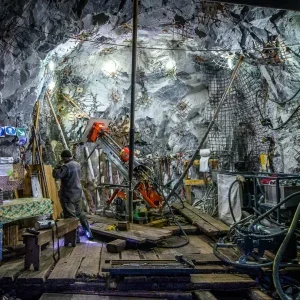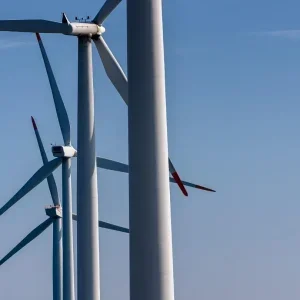The company alongside its co-venture partner Reach has filed a petition for judicial review in this regard. In October 2017, the Scottish government had announced a ban on shale gas extraction, citing risks to reaching climate goals.
Ineos claims that the decision-making process of the government had very serious errors, which it says includes a failure to comply to proper statutory process and a misuse of ministerial power.
The company said that Scotland will not get a number of economic and employment benefits that England gets, owing to the official ban on shale and all other forms of unconventional oil and gas extraction.
Ineos added that apart from the projected 3,100 Scottish jobs, the government’s decision also ended hopes for the estimated £1bn that would have gone to local communities through shale industry activities.
Ineos Shale operations director Tom Pickering said: “The decision in October was a major blow to Scottish science and its engineering industry, as well as being financially costly to Ineos, other businesses and indeed the nation as a whole.
“It also removed at a stroke the potential for the country in these uncertain times to secure its own indigenous energy supply. We have serious concerns about the legitimacy of the ban and have therefore applied to the Court to ask that it review the competency of the decision to introduce it.”
Ineos, further said that the 2015 moratorium from the government came when shale gas operators had put in millions of investment in acquiring licenses and getting planning permissions to construct drilling sites, going by the then “supportive national and local planning policy position”.
However, the investment has now become worthless following the ban, even in areas where fracking was not proposed, stated Ineos. The company said that the ban had come in spite of the government-appointed scientific experts panel concluded that shale development can be managed safely.






